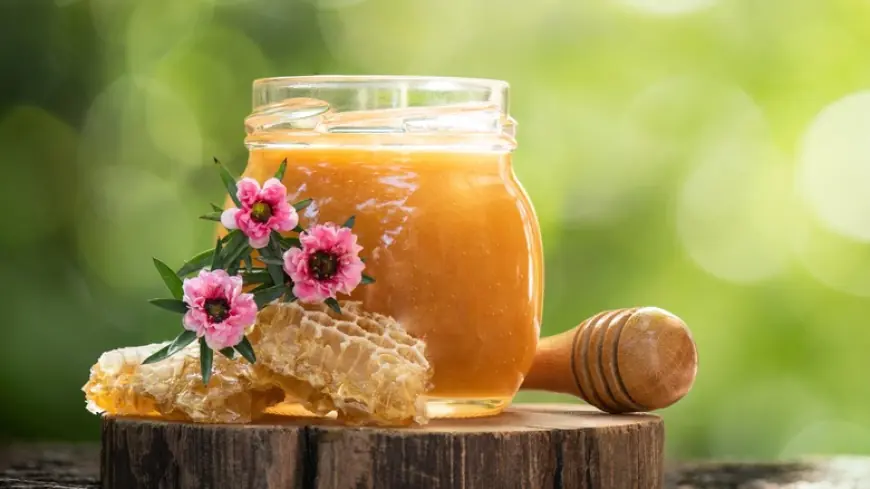Manuka Honey Market Shifts Driving Global Demand for Natural Immunity Solutions

Introduction to Market Shifts
The manuka honey market has been undergoing significant shifts driven by rising consumer awareness about natural health remedies and immunity-enhancing products. This transformation is not limited to health enthusiasts but extends across mainstream consumers seeking preventive wellness solutions.
As manuka honey evolves from a niche product to a global wellness staple, these shifts indicate long-term opportunities for sustainable growth.
Rising Demand for Natural Immunity Boosters
One of the most notable shifts in the manuka honey market is its positioning as a premium immunity booster. Consumers facing lifestyle-related stress and frequent health concerns are increasingly replacing artificial supplements with natural alternatives. manuka honey’s antibacterial properties, unique methylglyoxal (MGO) levels, and soothing effects on digestion are elevating it as a go-to product for daily use.
Influence of Sustainable Sourcing
The market is also shifting due to sustainability preferences. Modern consumers prefer transparency in product sourcing, and manuka honey producers are adapting by focusing on eco-friendly beekeeping, organic certifications, and fair-trade practices. This shift resonates strongly with ethically conscious buyers, influencing brand loyalty and long-term demand.
Digital Transformation in Distribution
The shift toward digital marketplaces is revolutionizing manuka honey accessibility. Online platforms are enabling brands to educate consumers on benefits, authenticity grading, and usage tips. This digital growth ensures that manuka honey is not confined to health stores but is readily available across global e-commerce markets, driving sales beyond traditional boundaries.
Premiumization and Product Diversification
Another critical market shift involves premiumization. Consumers are associating high MGO levels with quality, prompting demand for specialized variants. Additionally, diversification into skincare, nutraceuticals, and functional foods is expanding the application scope of manuka honey. This multi-use strategy is shaping consumer perception and creating new consumption patterns.
Conclusion
manuka honey market shifts are reshaping the way consumers perceive natural wellness. By merging sustainability, digital access, and premium positioning, the industry is moving from niche demand toward mainstream global adoption. These shifts reflect a market where health-conscious lifestyles continue to align with natural, authentic, and effective wellness products.
What's Your Reaction?
 Like
0
Like
0
 Dislike
0
Dislike
0
 Love
0
Love
0
 Funny
0
Funny
0
 Angry
0
Angry
0
 Sad
0
Sad
0
 Wow
0
Wow
0






















































